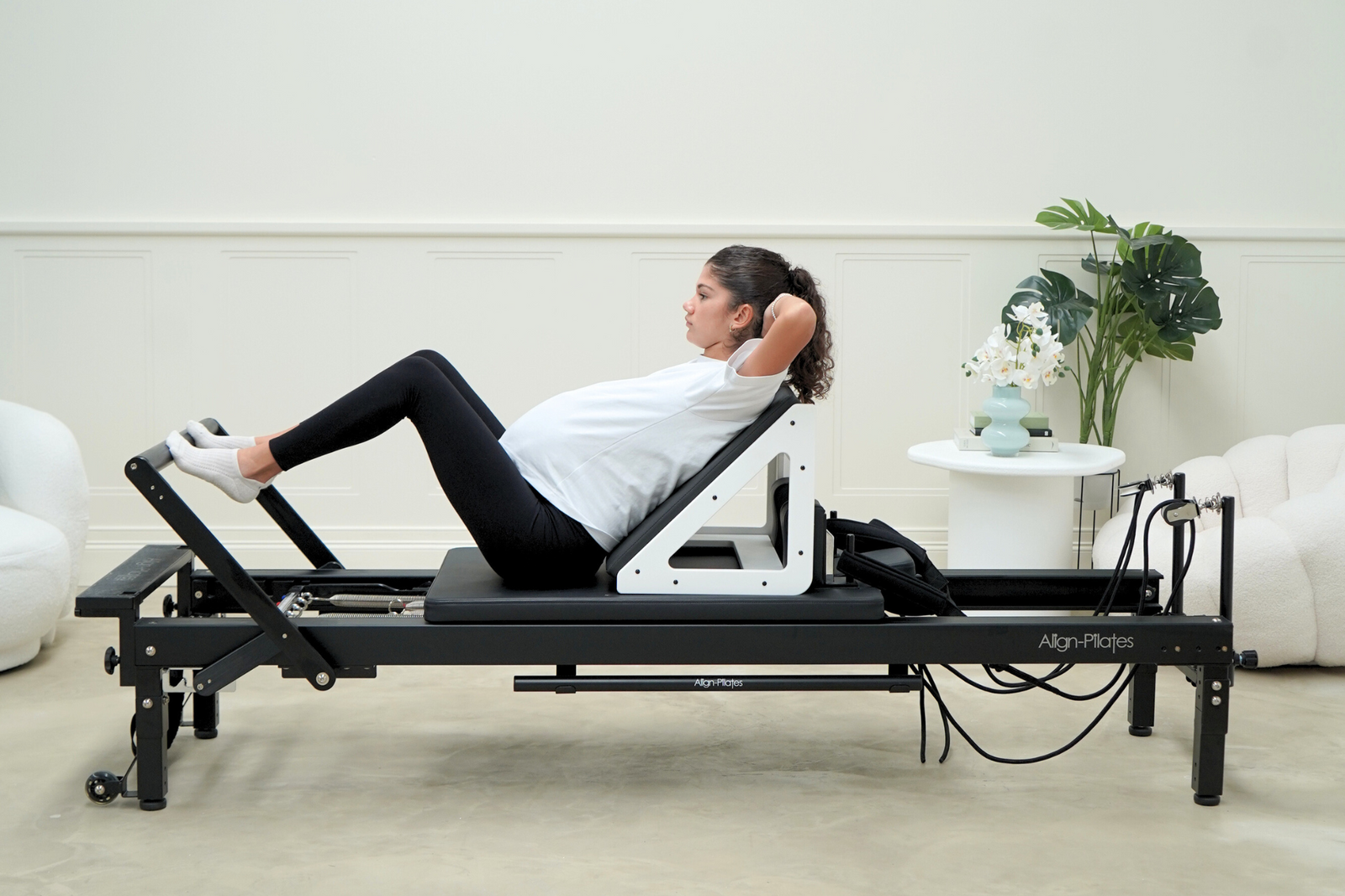Beyond Pregnancy: WHEN’s Expanded Exercise Guidelines for Lifelong Women’s Health

The Women's Health Education Network (WHEN) aligns with RANZCOG’s exercise recommendations while expanding the guidelines to prioritize women’s long-term health and well-being. Our approach ensures women receive clear, evidence-based information to make informed decisions about exercise during pregnancy.
RANZCOG’s General Exercise Guidelines:
- 150-300 minutes of moderate-intensity cardiovascular activity per week, including walking, swimming, cycling, and water aerobics.
- Two strength-training sessions per week, focusing on safe resistance exercises.
- Avoid lying supine (flat on the back) from the second trimester due to potential impacts on blood flow. Use side-lying, seated, or wedged positions instead.
- Cycling on a stationary bike is a safe, low-impact alternative to outdoor cycling, which poses fall risks due to changes in balance.
- Wear loose, breathable clothing and stay hydrated to prevent overheating. Hot yoga, saunas, and high-intensity exercise in hot/humid conditions should be avoided.
- Scuba diving and high-altitude training should be avoided due to risks of oxygen deprivation and fetal complications.
WHEN’s Additional Guidelines:
- Avoid standing on unstable surfaces or performing elevated exercises, as pregnancy shifts the center of gravity, increasing fall risk.
- Weight training is encouraged, but lifting over 15kg is not recommended due to added strain on joints, ligaments, and the pelvic floor.
- Running is a personal choice, but it increases mechanical stress on the pelvic floor and joints. Women choosing to run should monitor for discomfort and modify as needed.
- Pelvic pain affects 40% of pregnant women. To reduce risk, avoid single-leg weight-bearing exercises and prolonged standing. Double-leg, stability-based exercises are recommended.
Our Approach
WHEN’s guidelines align with RANZCOG while addressing gaps in research to ensure women’s long-term health is prioritized. Pregnancy is not just about these nine months—it’s about a woman’s lifelong well-being.
📌 For full details, visit WHEN’s website.





